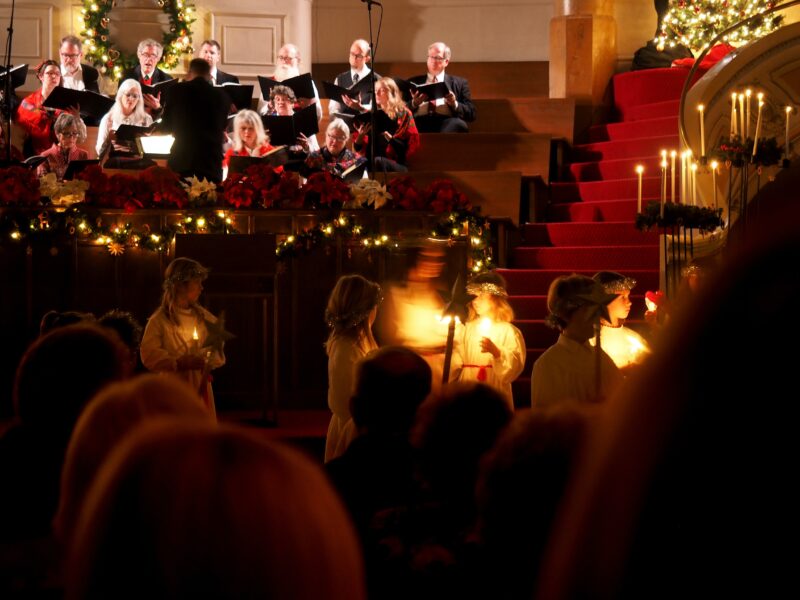This course is intended to offer practical aides and musical preparation to deacons and priests of the Roman Catholic Church (latin rite) for better singing during the liturgy.
Deacons and Priests
Target Audience Age: 18+
| Date | Lecture Title |
| TBA | Singing in the Liturgy |
| TBA | Mass Repertoire and the Liturgy of the Hours 1 |
| TBA | Mass Repertoire and the Liturgy of the Hours 2 |
| TBA | Gregorian Chant and the Singing of Psalms |
| TBA | Basic Gregorian Repertoire 1 |
| TBA | Basic Gregorian Repertoire 2 |
This course has three exit certificate options:
1. Certificates of Attendance
The student will receive a Certificate of Attendance when attending a minimum of 80% of all contact hours for this course.
2. Certificate of Participation
The student will receive a Certificate of Participation when attending a minimum of 80% of all contact hours for this course and after passing a short multiple-choice exam.
3. Certificate of Achievement
The student will receive a Certificate of Achievement when attending a minimum of 80% of all contact hours for this course, as well as after passing a short practical examination.
This course is delivered by the Akkademja tal-Mużika Sagra Francesco Azzopardi in collaboration with the Pastoral Formation Institute.


To be eligible for this course applicants must either be deacons or priests including seminarians in their final formation years of the Roman Catholic Church (latin rite). They must also be proficient in both Maltese and English.












